Water Access and Sanitation Initiative in Semil, Guatemala
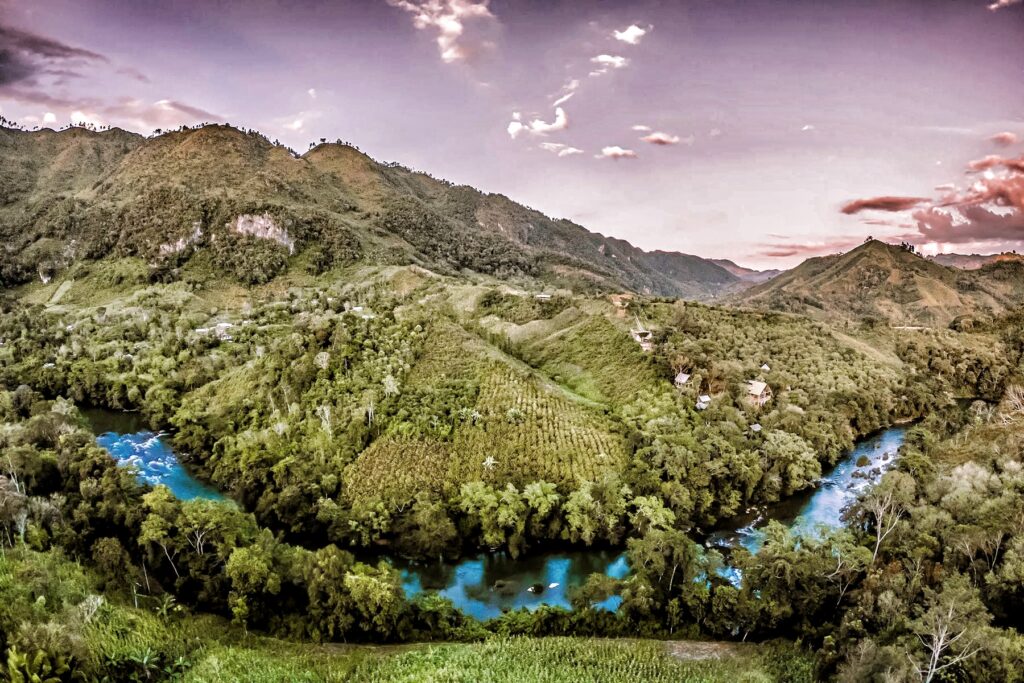
INTRODUCTION
Semil is a small Mayan village in Guatemala, home to a vibrant community of approximately 12,000 indigenous Mayan people living within an hour’s walk of the local school. While this village is rich in cultural heritage, it faces significant modern challenges, particularly in terms of access to clean water and sanitation. There is currently no running water or filtered drinking water available in Semil, which has led to severe health issues in the community. In particular, the affordability of soda over clean drinking water has led to widespread dental decay, with most children losing their teeth by puberty. Additionally, the prevalence of diabetes is alarmingly high, highlighting the urgent need for sustainable water solutions. The local economy is primarily subsistence-based, with many in the community engaged in agriculture, including crop cultivation and animal husbandry. However, the lack of basic infrastructure such as running water and proper sanitation severely affects the quality of life and health of the village. Efforts are now focused on improving these conditions through the installation of a comprehensive water system at the local school. This initiative, supported by Water Charity, aims to provide clean, sterile drinking water and adequate sanitation facilities, drastically improving living conditions and health outcomes for the entire community.
PROJECT OBJECTIVES
● The primary goal of this project was to provide clean drinking water and enhanced sanitation for the residents of Semil, a small Mayan village in Guatemala. This objective has been successfully achieved with the completion of the project, meeting a crucial need in a region lacking basic water infrastructure.
● Semil has historically faced significant challenges with access to clean water, with most of the community relying on unsafe sources that contributed to health issues such as dental decay and diabetes. The project specifically aimed to alleviate these conditions by introducing a reliable and sanitary water source which is essential for both personal and community health.
● One of the fundamental goals was to empower the local population, primarily women and children, who are often the most affected by the lack of water infrastructure. Women, traditionally responsible for collecting water, now enjoy a reduced burden, which has allowed them to participate more in educational and economic activities. For children, especially girls, access to clean water at school means less time spent fetching water and more time focused on learning.
● Inculcating appropriate hygiene habits was another key objective. The project established several handwashing stations equipped with detergents and held educational sessions on effective handwashing techniques. These initiatives serve not only to improve personal hygiene, but also to prevent the spread of communicable diseases, thereby strengthening the overall health of the community.
● The project also aimed to integrate water management solutions that benefit the entire community. This includes the use of water troughs that collect wastewater for use in household gardens and for livestock, promoting sustainable practices and self-sufficiency. Such measures are targeted to alleviate poverty and improve the dietary diversity and nutrition of the community.
● Improving health outcomes was a critical objective to reduce the high incidence of water-related diseases. The project’s comprehensive approach to providing clean water and sanitation facilities is expected to significantly reduce the health risks associated with contaminated water sources.
PROJECT OUTCOMES
The first phase of the critical water and sanitation project in Semil, Guatemala has been successfully completed, thanks to the efforts of Water Charity and its local partners, including the Utopia Eco Hotel and the Cryptopia YouTube channel. This initiative is part of a broader commitment to improve the lives of the community by providing sustainable water solutions and improved sanitation.
The project’s core mission was to provide running water and proper sanitation for the local school, which serves as a central access point for the entire village. A water pumping system has been installed to channel water from the nearby river and a comprehensive water filtration system, providing the community with clean, sterile drinking water. Additionally, new bathroom facilities have been constructed at the school to serve not only the students but also the wider community, including a clinic under construction next to the school.
Click on the arrows below to view the progress:
ACTIVITIES
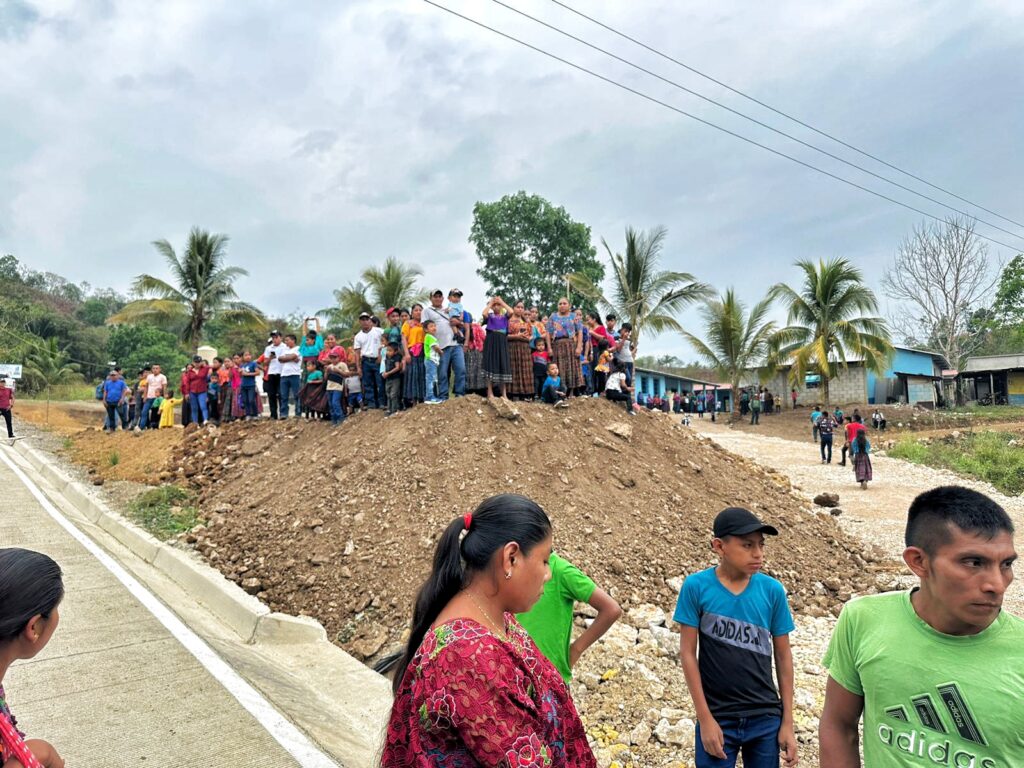
The project involved extensive installation activities, including setting up a new water pump system and filtration unit to channel and purify water from a nearby river. This system was integrated with durable infrastructure, including stainless steel pipes and concrete slabs, forming the foundation of new bathroom facilities at the local school. Handwashing stations were strategically placed around the community areas, each supplied with detergents to encourage regular hygiene practices. Collaboratively with local health authorities, thorough quality testing and water treatment were conducted to ensure safety standards were met. Additionally, educational sessions on effective handwashing and water management were held for the community, enhancing local engagement and knowledge. The community actively contributed, assisting with tasks such as digging and material collection, which also helped secure all necessary resources for the project.
PROJECT CHALLENGES
The water and sanitation project in Semil was successful but faced significant challenges that tested the resilience and adaptability of both the project team and the community.
Logistical Hurdles: Transporting materials to Semil, a village with limited access to nearby towns, posed a major challenge. The rugged terrain made it difficult to transport heavy equipment and supplies, such as pipes and construction materials, which were essential for building the water system and sanitation facilities.
Technical Difficulties: The installation of the water pump system and filtration units required precise technical expertise. Initial malfunctions in the equipment required additional troubleshooting and repairs, which delayed the project timeline. It was also complex but vital to ensure that local technicians were trained to handle future maintenance, for the project’s sustainability.
Extreme Weather Conditions: One of the main challenges we encountered was dealing with the unpredictable and often severe weather conditions in the region. The rainy season led to floods, resulting in delays in transporting materials and carrying out construction tasks.
Despite facing these challenges, the project team, with the support of local leaders and international partners, effectively navigated these obstacles, ultimately leading to the successful completion of the project. The lessons learned from addressing these challenges have also provided valuable insights for planning future initiatives in similar settings.
BENEFICIARY TESTIMONIALS
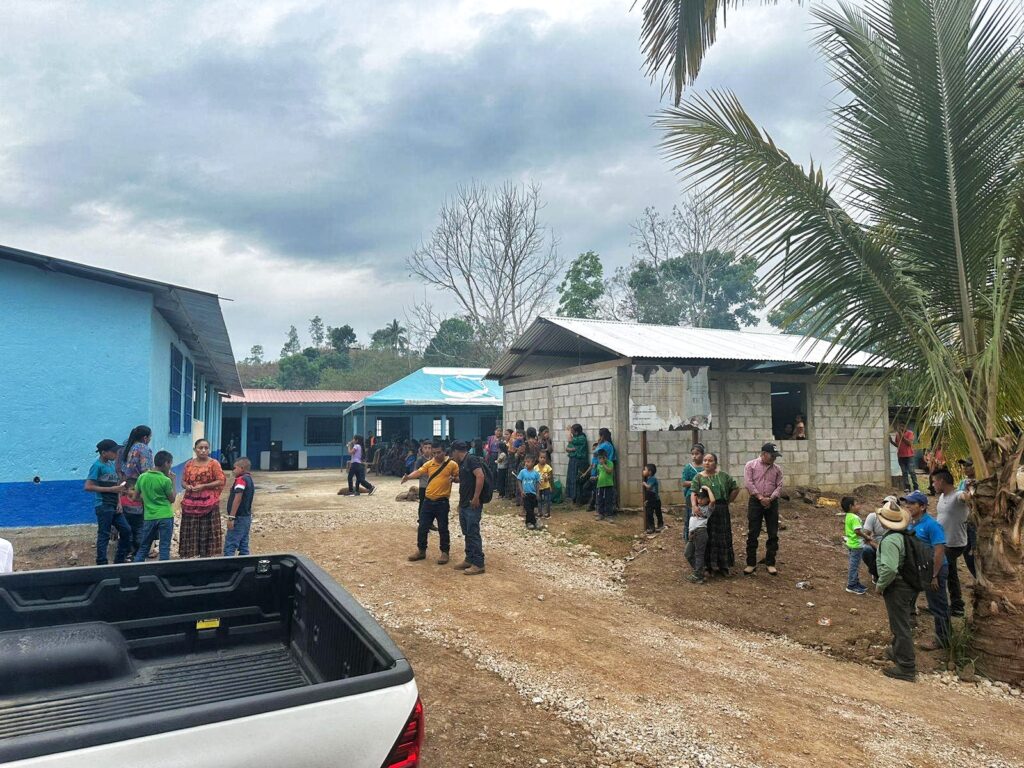
The completion of the water and sanitation project in Semil has brought a wave of joy and gratitude across the village. The villagers, who speak Q’eqchi’ and Spanish, have shared their heartfelt appreciation for the improvements in their daily lives.
José Ical, a respected elder in the community, expressed his relief, “For years, we’ve suffered from a lack of clean water. Now, thanks to this project, our children can drink water without fear of sickness. This is a blessing for our entire community.” His sentiments reflect the profound health improvements that the clean water supply has enabled.
Maria Coc, a teacher at the local school, highlighted the educational impact, “The students are more attentive and can stay for the whole school day. They are excited to use the new bathrooms and handwashing stations. It’s a significant change that supports their learning and well-being.”
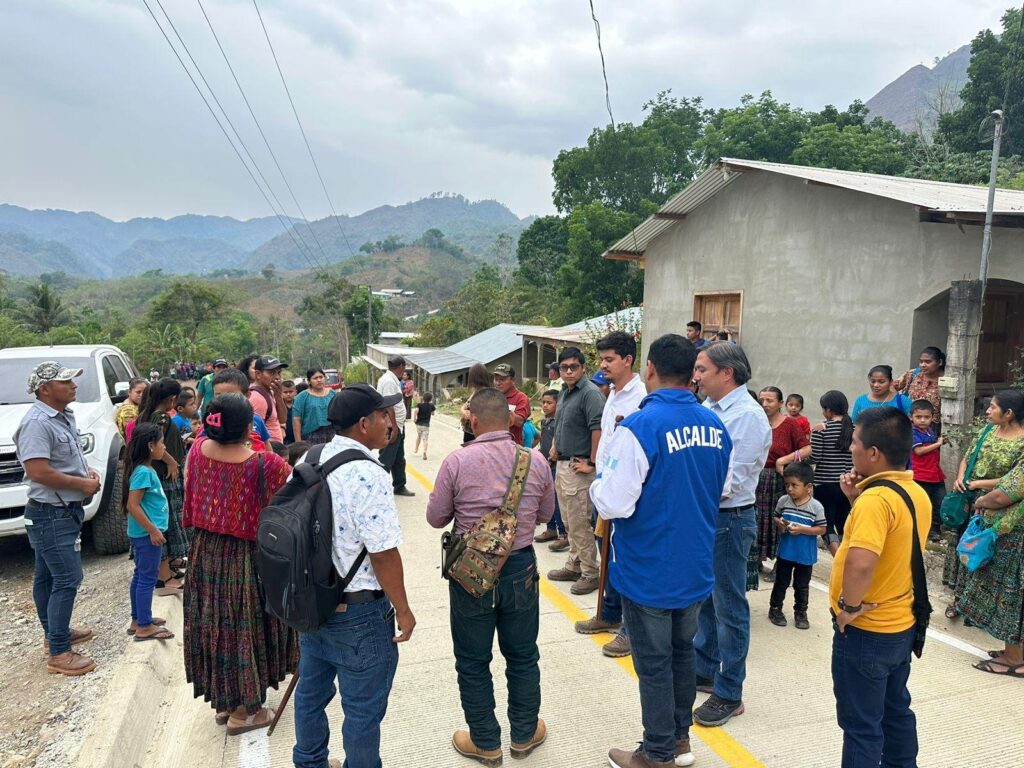
From the village’s youth, Daniel, a young student, shared his excitement, “I learned to wash my hands properly at the new stations. It’s fun, and it keeps me healthy. I teach my little sister too.”
These testimonials from various members of the Semil community highlight the multifaceted benefits of the water and sanitation project, from health and education to economic and social empowerment. The project has not only provided essential resources but has also fostered a sense of pride and ownership among the villagers, ensuring they protect and sustain these new facilities for future generations.
Thanks to the donors and everyone involved, Semil now enjoys a healthier, more prosperous future, marking a new chapter in the village’s history.
The funds for this program have been advanced by Water Charity. Your donation using the ‘Donate’ button below will be used to support the program.

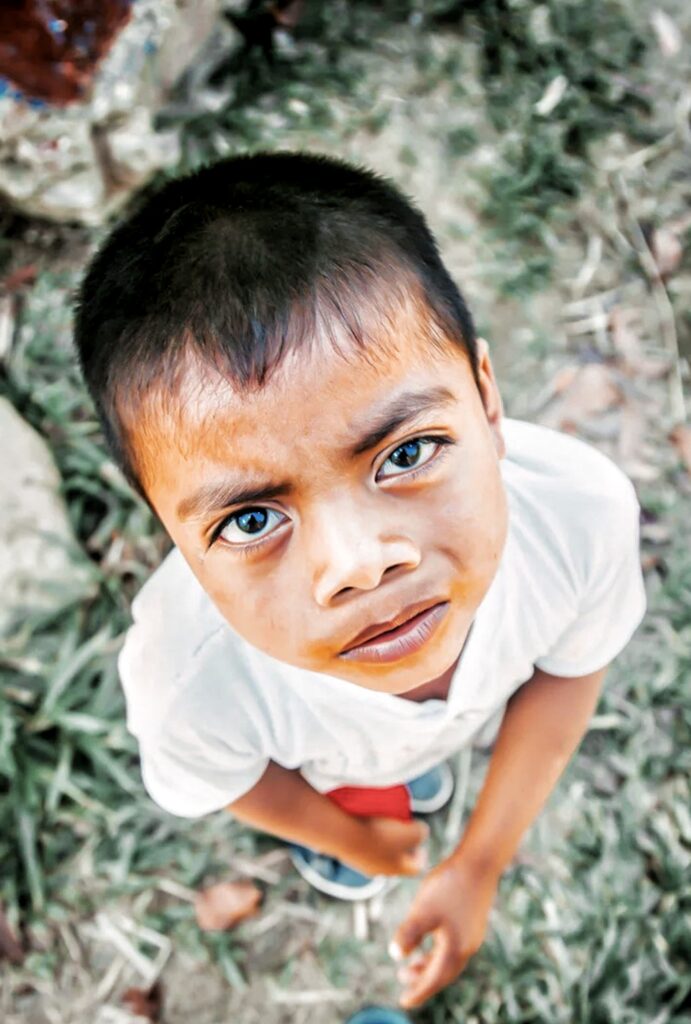
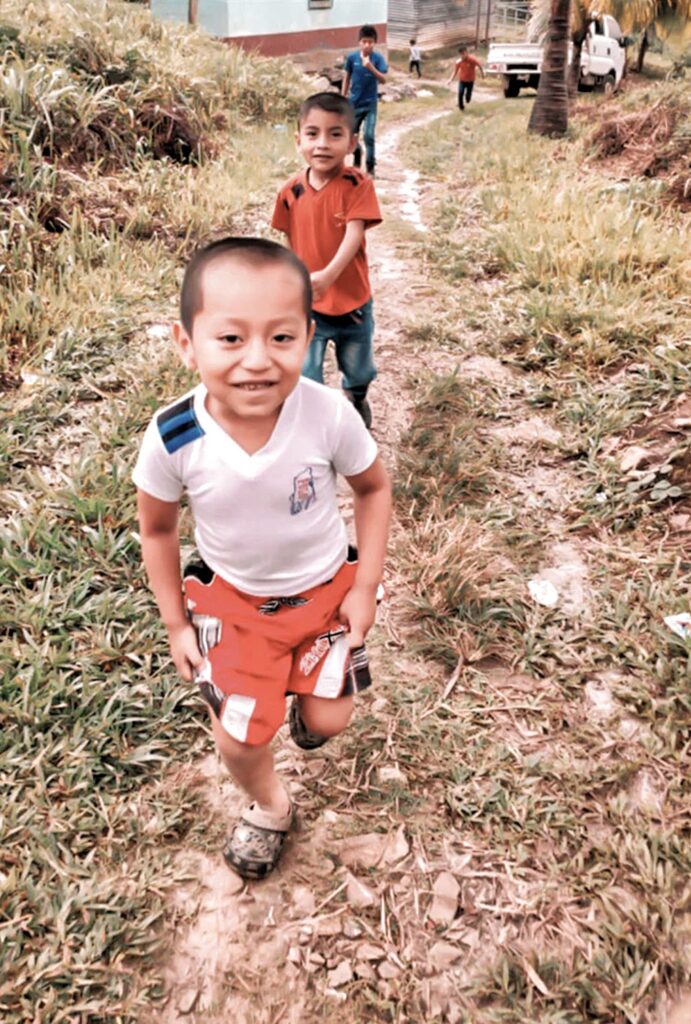
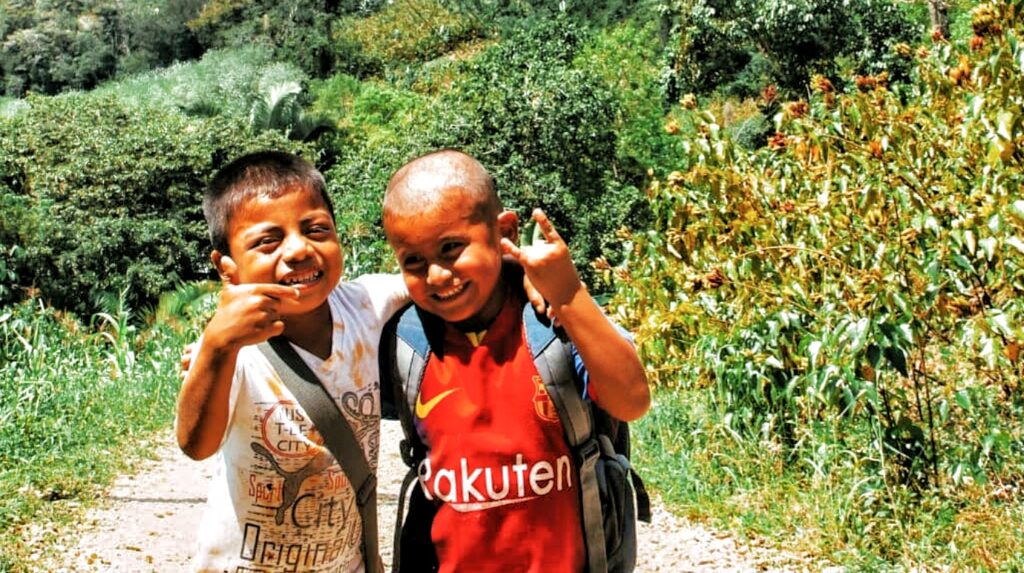
To see more project related videos, CLICK HERE.
This project has been completed. To read about the beginning of the project, CLICK HERE.